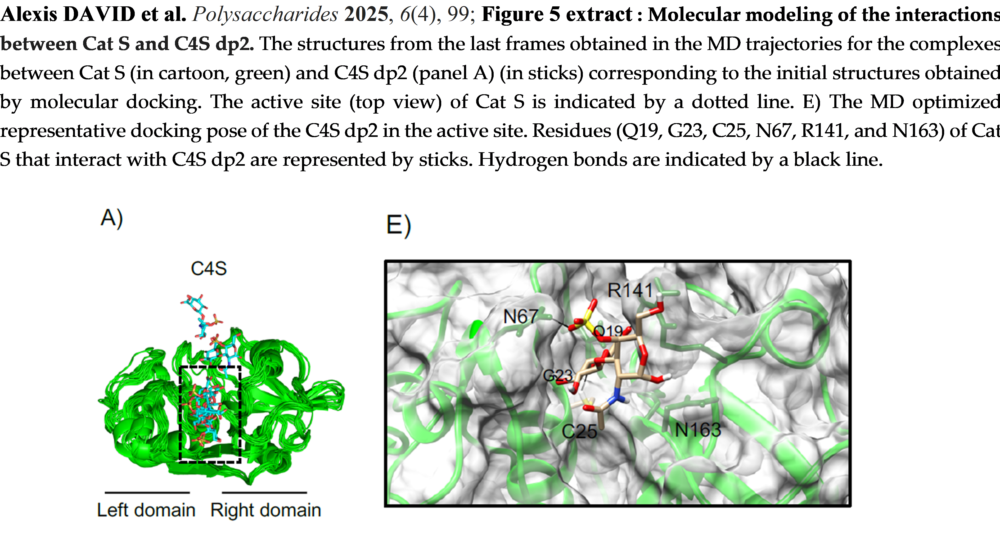 The Wellcome Trust Centre for Cell-Matrix Research has established a new research initiative in fibrosis. The initiative is based on recent discoveries in the Centre, which provide a platform for novel approaches to the problem. Fibrosis is a complex process and contributes massively to all major chronic diseases, such as those affecting the kidney, liver, heart, lung and intestine. Our plan is thus for a new approach aimed at tackling the fundamental mechanisms that underpin fibrosis. Supported by generous funds from the Wellcome Trust, and building on the collaborative culture and excellence in training and technology development in the Centre, our goals are to elucidate pioneering concepts in cell-matrix research, and use these understand the basis of fibrosis.
The Wellcome Trust Centre for Cell-Matrix Research has established a new research initiative in fibrosis. The initiative is based on recent discoveries in the Centre, which provide a platform for novel approaches to the problem. Fibrosis is a complex process and contributes massively to all major chronic diseases, such as those affecting the kidney, liver, heart, lung and intestine. Our plan is thus for a new approach aimed at tackling the fundamental mechanisms that underpin fibrosis. Supported by generous funds from the Wellcome Trust, and building on the collaborative culture and excellence in training and technology development in the Centre, our goals are to elucidate pioneering concepts in cell-matrix research, and use these understand the basis of fibrosis.
To spearhead this initiative we are funding four pilot projects, each driven by a postdoctoral associate. These posts are funded initially for 2 years (and possibly 3 years) and it is the intention that in this period the successful candidates will be supported to develop their career and carry the work forward by attracting new research grant and/or fellowship funding.
The project titles are:
- The role of pro-fibrotic cytokines in the regulation of collagen turnover.
- The circadian clock in goblet cells as a gate-keeper for mucosal matrix production.
- Elucidating the high-resolution structures of cell-matrix assemblies using cryo electron microscopy.
- Identification of the cellular reprogramming pathways that convert healthy cells to a fibrotic phenotype in idiopathic pulmonary fibrosis.
These projects build on the Centre’s recent discoveries in circadian clock regulation of matrix synthesis, the mechanical sensing of the matrix by cells, the role of pro-fibrotic stimuli from immune cells to perturb matrix homeostasis and the recognition of the key role of supramolecular structures in defining matrix assembly. For an overview of the Centre’s research visit wellcome-matrix.org.
Matrix (‘extracellullar matrix’) is essential for multicellular life. Matrix stress shields cells from environmental forces and provides a dynamic scaffold for cell attachment, migration, differentiation and fate specification. Thus, mechanisms that maintain healthy matrix structure and organisation are essential to ensure the appropriate size, shape, and mechanical properties of tissues needed to support their specialized functions. However, the accumulation of excess, or inappropriate matrix, as occurs in fibrosis, can cause the loss of tissue/organ function and lead to death. Our vision is that understanding the physical, chemical, and temporal crosstalk between cells and matrix will generate profound insights into the mechanisms that underpin tissue assembly and function, and enable us to identify why the dysregulation of matrix causes fibrosis, which is a major factor in many chronic diseases. Our strategy is aimed at the fundamental biology driving the development of fibrosis as we feel this will identify novel routes for disease intervention.
See links above for further particulars of the four roles, or head to ResearchGate. Please contact Anna Fildes or Karl Kadler with any queries.
